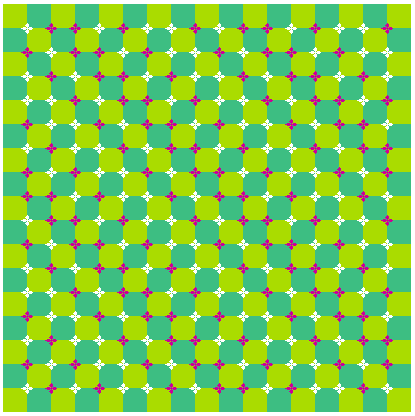Who do you wish did, who doesn't?
I've moved! This site is no longer being updated. Please head over to www.lookspring.co.uk instead, and update your bookmarks. Thanks.
I've moved! This site is no longer being updated. Please head over to www.lookspring.co.uk instead, and update your bookmarks. Thanks.
Gamers are all chronic wishaholics - the inevitable side-effect of having a hobby which is mostly about making the impossible possible. But, for some reason, they tend to be wishes of improvement or alteration: 'I wish Capcom would release Okami before Christmas', 'I wish there was more stuff to do in Just Cause', 'I wish Nintendo would sort out its Stars catalogue worldwide so I can stop feeling like a stamped-on snail every time I think of it.' What we don't do a lot of is blue-sky wishing. So, here's my list, on a blue-sky day, of who I wish made games, but doesn't.
 Akiyoshi Kitaoka
Akiyoshi KitaokaHe's a professor at the department of psychology at Kyoto's Ritsumeikan University, and world leader in the design and study of optical illusions. Those of you who aren't already on the brink of a migraine may want to spend some time tickling the inside of their brains with the hundreds of examples posted at his site. And why do I wish he'd make games? Aesthetics, partly. I'm tired of the real, in a big way. For years the real was brown and grey - sludgy roads, porridgey buildings, pasty people. And I'm even tiring of the new real, which is mostly green (Far Cry, Just Cause, Test Drive etc.) I want the impossible, and unimagined and I want it to be packed with colour - and it seems Kitaoka is qualified on all three counts. And I'm sick of verb/object puzzles - doors that need keys, people that need information, switches that need pressing. How about some persistence of vision puzzles? How about enemies who use visual anomalies as camouflage?
 Mark Dunn
Mark DunnHe's a writer and playwright (not long, I guess, before that gets bastardised down to 'playwrite'), best known for Ella Minnow Pea
Continues above.
